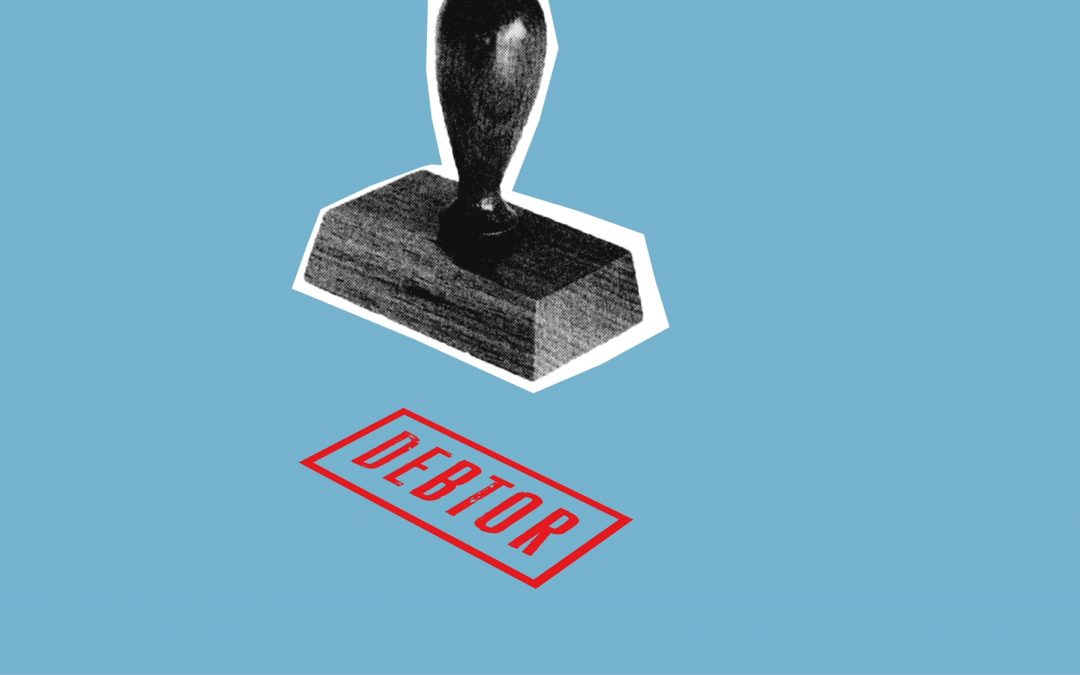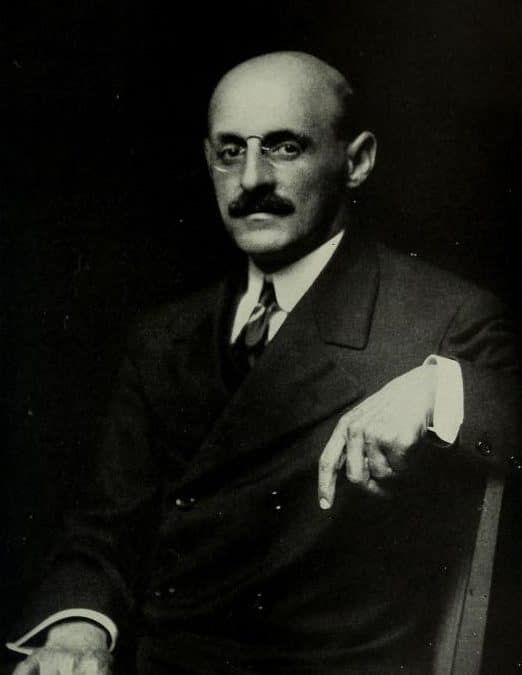If you watched the Fed Chair Jerome Powell testify before the senate and the House, you heard over and over that banks are well capitalized. The non-sequitur should inspire the Shakespearean quote “Methinks you protest too much.” The very next day after the hearings, shares of SVB Financial Group, parent of Silicon Valley Bank, fell 60 percent (and another 30 percent in afterhours trading at this writing) after a Wall Street Journal article revealed, the bank “had sold large portions of its securities portfolio and would raise fresh capital, highlighting a broader problem for U.S. lenders...














